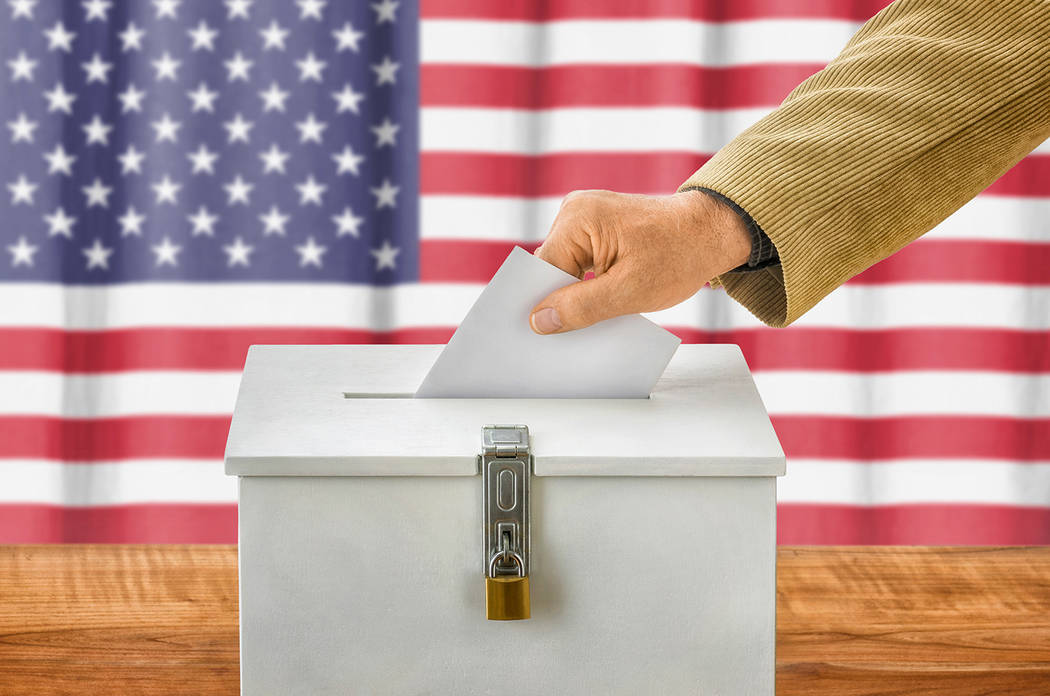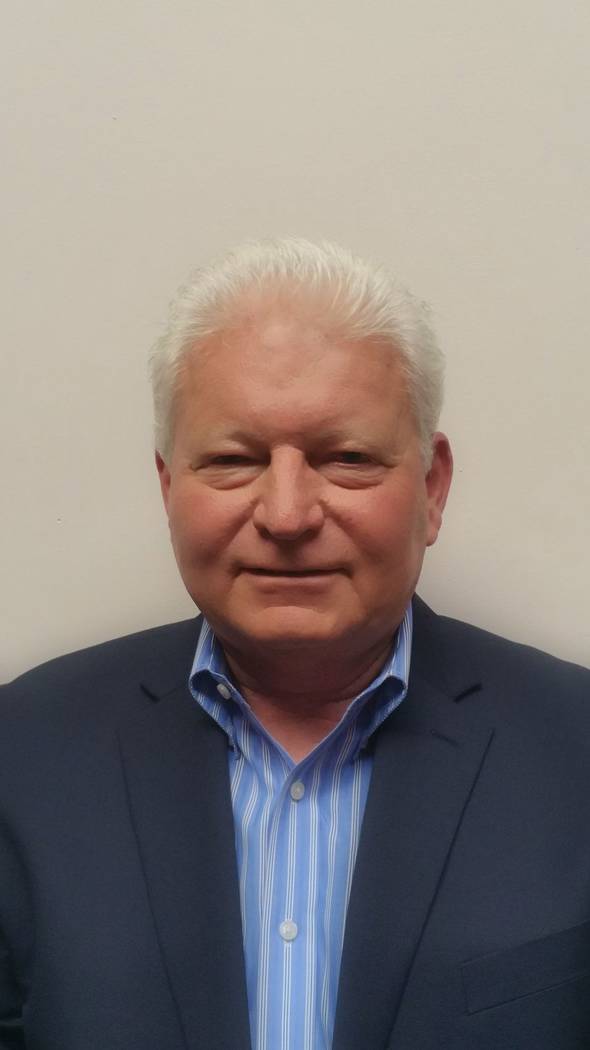Tim Burke: No Nevada summer vacation for political hopefuls
It’s well into the middle of summer and for many Americans that means enjoying our long summer days for a few more weeks until the Labor Day holiday and the return of cooler fall weather.
Some will take vacations, others will tackle outdoor projects around the house, and many will spend their weekends camping, boating, hiking, or on some other fun outdoor activity. It’s a different kind of summer for those who want to be immersed into politics and run for public office, there is no summer break. Even though we just completed an election cycle this last fall, candidates are already gearing up for 2020. Their summer days will be spent campaigning and fundraising.
In today’s political climate I think many Americans ask themselves, “why would a normal person run for office?” To run for office means a normal, self-respecting, nice person would have to subject herself or himself to the abuse of a campaign. To have their personal life bared open, to have all their high school years examined, to have any and every position they took in college brought up for public inspection.
To endure that takes a lot more strength and self-confidence than most people have or are willing to invest in. And no one wants their family subjected to all that attacking either. It’s an odd double standard that voters have. We say we want “normal” people in office and then subject them to a ridiculous level of scrutiny. A normal person has had ups and downs, has had to deal with family crises, financial issues, and other real-world experiences.
Those experiences help the normal candidate relate to many of the issues that voters face and gives them an understanding of how to better help their constituents. A lack of “normal” candidates has led to our current situation of far-right or far-left politicians that are completely out of touch with middle America.
People run for office for many reasons, but most voters want candidates to run for office for the right reasons. Some run for personal reasons because they feel slighted by their opponent or local government. These candidates have a battle against an official or an office and think the best way to fix the problem is by running for office using negative attacks in their campaigns. Some run for psychological reasons.
Those candidates choose to run to stoke their own ego, to be in the spotlight, and have people tell them how great they are. These candidates are running to be something rather than to do something. Many times, this is about the perceived quality of life improvements associated with being an elected official. The title sounds nice to them and they think people will respect them more. These people tend to not care about the issues and only about making themselves look good.
The candidates that most voters want to see elected to office are those who run for altruistic reasons. They legitimately want to change policy and make a difference in the lives of their constituents. These candidates are few and far between. To make a difference for people is a noble calling but know that the system is stacked against you. “Normal” candidates have a harder time building a loyal base because they take a logical and reasoned approach to issues that doesn’t press the emotional hot buttons of voters. It’s emotion that drives voters to the polls.
Running for office for the right reasons is, unfortunately, a small factor in what it takes to get elected. What it takes is money, a lot of money. The candidates that spend the most money for the U.S. Senate and House offices win over 80% of the time.
In Nevada, for the House, District 3 winning candidate Susie Lee spent over $5 million and in District 4, Steven Horsford spent over $2.2 million, according to OpenSecrets.org of the Center for Responsive Politics. Both candidates outspent their opponents by a 2 to 1 margin. In the race for Senate, Dean Heller and Jacky Rosen spent a combined total of over $40 million on their campaigns with Rosen outspending Heller by over $10 million, the data shows.
It’s not just the national elections that take a lot of money to win, local and state elections are costly also. A review of the Nevada Secretary of State’s Campaign Financial Disclosure report shows that some candidates who ran for local offices spent tens of thousands of dollars. Some races for Assembly and Senate seats were in the six-figure range to win those seats. And if you want to be governor? Steve Sisolak’s campaign spent over $14 million to win the election. All that money spent for offices that pay a fraction of what it took to win the election. Doesn’t it make you want to ask why?
Tim Burke is a businessman, philanthropist, educator and Pahrump resident. Contact him at timstakenv@gmail.com
At a glance
To research this column, Tim Burke searched data from OpenSecrets.org that is through the nonpartisan, independent and nonprofit, Center for Responsive Politics.
In addition, Burke looked at campaign finance disclosure data available from the Nevada Secretary of State's Office.
The data from OpenSecrets.org can be viewed at bit.ly/32R6JSE
The data from the Nevada Secretary of State's Office is available at bit.ly/SdiAV3












